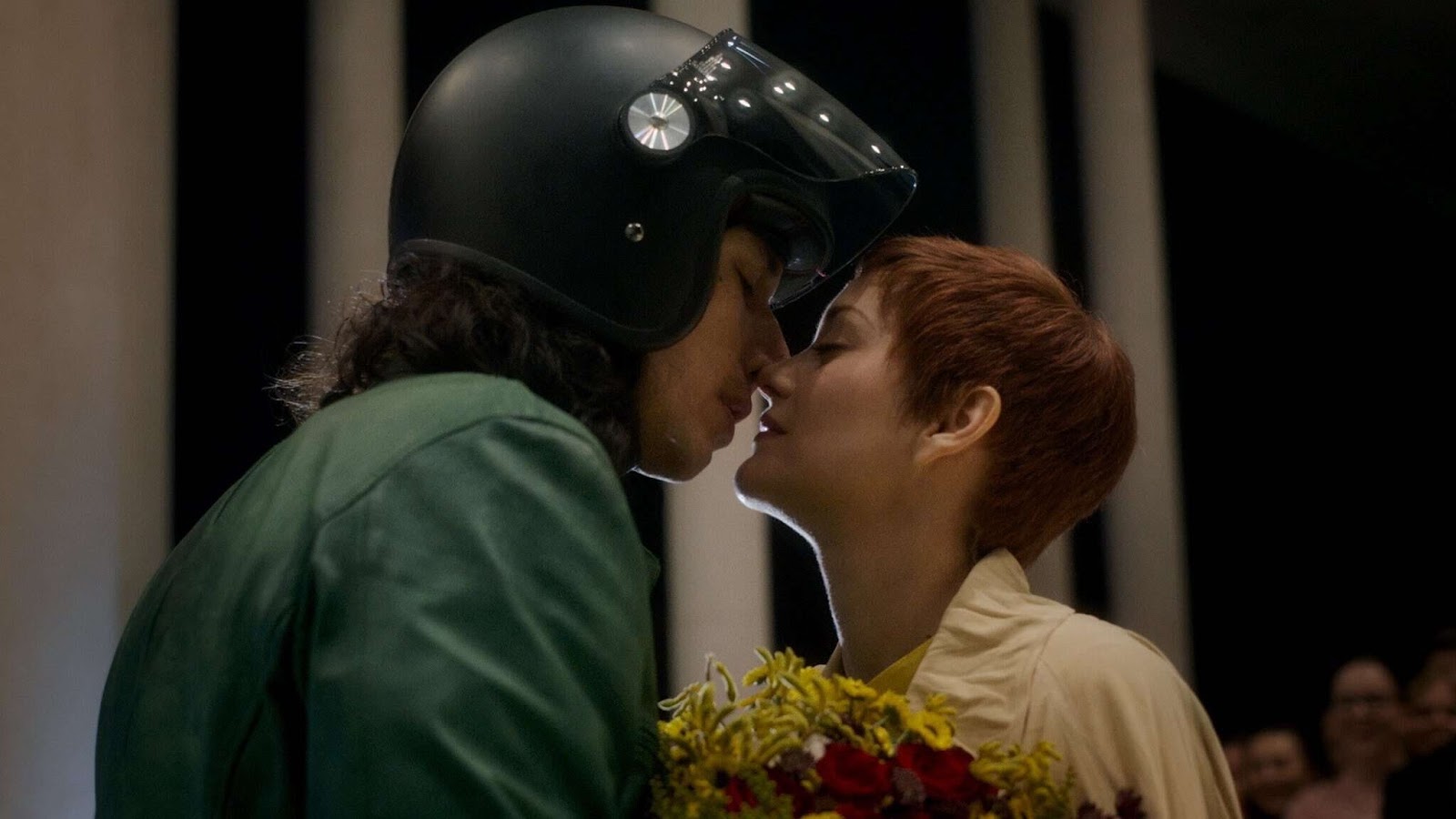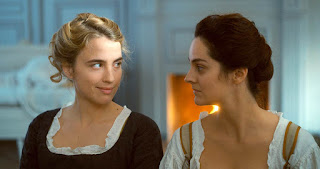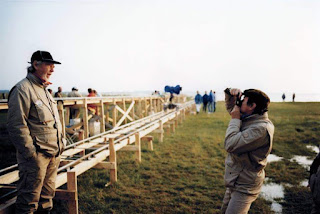Annette (2021, Leos Carax)
The director himself narrates these words as the credits start rolling, and when you read the name Leos Carax, there's no kidding about questioning sanity or any sense of morality in his films. He means every word of it.
"Ladies and gentlemen, we now ask for your complete attention. If you want to sing, laugh, clap, cry, yawn, boo or fart, please do it in your head, only in your head. You are now kindly requested to keep silent and to hold your breath until the very end of the show. Breathing will not be tolerated during the show. So please, take a deep, last breath right now. Thank you."
Annette, a posthumous follow-up to the magnum opus Holy Motors, is another concoction of claustrophobic transitory madness and oddity, only this time, characters do it with rhythm and blues. There's nothing to determine any positives or negatives in a Leos Carax feature, because there isn't space of any of them in unison. It's either one of it, a cynical self-copulating exercise of polarisation.
One of the few lenient factors in this film, when compared to Carax's previous feature, is that it has atleast some synopsis to concise the film in a nutshell, but then again, the words are too deep to inculcate the actual meaning of it. The most it can be made out of, is a misanthropic love story of a mentally devoured stand-up comedian and a celebrated opera singer, whose lives goes topsy-turvy after the birth of their child, whom calling a prodigy will be somewhat a proper justice to her aura.
Carax is all about alluring chaos and seclusion in dynamic ranges, and he does it with a sheer peculiarity when portraying a metaphysical outlook on the montage of the opening song, So May We Start. Following so, starts a journey of major upheavals mostly focusing on the leads, doing everything in symphonic notation, even having sex, which is needless to mention, the most fanatical montage cinema has ever witnessed. It's a mad world of a mad hatter, who runs a puppet show with monkeys. And to quote Carax when asked if he sees any parallels between Adam Driver and his longtime collaborator Denis Lavant, to which he says,
Referring to this, criticising the performances is basically marking a parameter to an actor's abilities and potentiality.
"Both are like monkeys, but I like monkeys. When they don't move, they look like statues. When they move, they look like dancers."
Adam Driver somehow lives up to the legacy of Denis Lavant, while portraying a deranged, ostracised madman Henry McHenry, which is prone to be polarised as either his best performance or the worst performance of all time. Though the latter has a lesser chance of getting acclaimed, since a bad performance takes a lot of laziness and lack of energy to grab the attention. Driver contradicts that, and in my opinion, this is the most wackiest he'd been yet. Marion Cotillard as the divinely beautiful opera singer Ann Defrasnoux, on the other hand, rather lives up to the expectations as she dwells completely in sobriety. Simon Helberg as Ann's conductor was functional and beneficial enough as a compliment to the absolute insane ride. But the star of the show has to be undoubtedly the silent performance of Devyn McDowell as the child, named after the film itself or the other way around. She might not have made an impact on this film, but her inane presence gives an edge to grabbing the spotlight and remember her aura all the way.
Penning down my thoughts, and someone reading this write-up, might end up concluding that this might be a great film one should recommend or watch it on a sultry leisure time. Trust me, it's not. One needs to have atleast a basic idea of the trademarks of a Leos Carax feature to engulf the spirit of this film to enjoy the most. And if one needs to stay unprepared, completely unknown to the further consequences, the introductory quote is for them.







Comments
Post a Comment